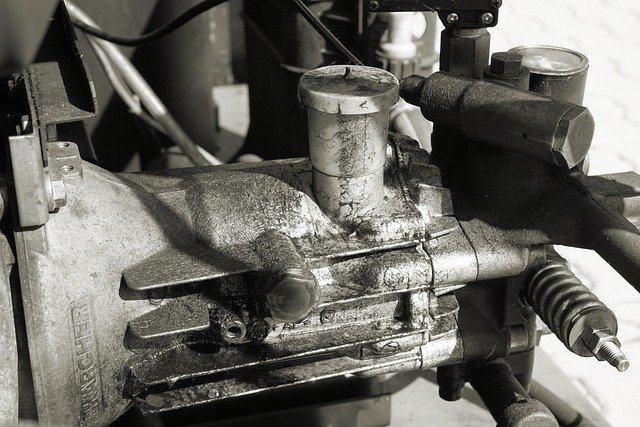Learn how bank-repossessed Golf Carts are sold
When financial institutions repossess golf carts due to loan defaults, these vehicles enter a specialized resale market that offers opportunities for buyers seeking quality equipment at reduced prices. The process involves multiple steps from initial repossession through final sale, creating a unique marketplace where buyers can find well-maintained golf carts at competitive rates.

Financial institutions regularly acquire golf carts through repossession when borrowers default on their loans. These bank-owned vehicles then enter a structured resale process designed to recover outstanding debt while providing buyers access to quality golf carts at discounted prices. Understanding this market can help potential buyers navigate the process effectively and secure valuable deals on recreational and utility vehicles.
How Bank-owned Golf Carts Enter the Market
When borrowers fail to meet their loan obligations, banks initiate repossession proceedings to recover their investment. Golf carts, whether purchased for personal recreation or commercial use, become bank assets that must be liquidated. The institution typically hires professional repossession agents who locate and secure the vehicles according to legal requirements. Once in bank custody, these golf carts undergo evaluation to determine their condition and market value before entering the resale process.
The Evaluation and Preparation Process
Banks conduct thorough assessments of repossessed golf carts to establish accurate pricing and identify any necessary repairs. Professional appraisers evaluate mechanical components, battery systems, body condition, and overall functionality. Minor repairs or cleaning may be performed to maximize resale value, though banks generally prefer to sell vehicles in as-is condition to minimize holding costs. This evaluation process helps establish realistic market prices for the upcoming sale.
Where Discounted Golf Carts Are Sold
Financial institutions utilize various channels to sell repossessed golf carts, each offering different advantages for both sellers and buyers. Public auctions represent the most common method, where multiple vehicles are sold simultaneously to the highest bidders. Online auction platforms have expanded access to these sales, allowing buyers from distant locations to participate. Some banks also work with specialized dealers who purchase repossessed inventory in bulk and resell individual units through their established networks.
Understanding Bank Repossession Golf Carts Pricing
Pricing for bank-repossessed golf carts typically reflects significant discounts compared to retail values. Several factors influence final sale prices, including vehicle age, condition, brand reputation, and market demand. Buyers should research comparable retail prices before participating in auctions to establish realistic bidding limits. The competitive auction environment can sometimes drive prices higher than expected, making preparation essential for successful purchases.
| Vehicle Type | Typical Auction Price Range | Retail Comparison | Potential Savings |
|---|---|---|---|
| Electric Golf Cart (2-4 years) | $3,000 - $6,000 | $8,000 - $12,000 | 25-40% |
| Gas Golf Cart (2-4 years) | $2,500 - $5,500 | $7,000 - $11,000 | 30-45% |
| Utility Golf Cart | $4,000 - $8,000 | $10,000 - $15,000 | 20-35% |
| Luxury Golf Cart | $6,000 - $12,000 | $15,000 - $25,000 | 35-50% |
Prices, rates, or cost estimates mentioned in this article are based on the latest available information but may change over time. Independent research is advised before making financial decisions.
Legal Considerations and Documentation
Purchasing bank-repossessed golf carts involves specific legal requirements that buyers must understand. Banks provide clear titles for repossessed vehicles, ensuring legitimate ownership transfer to successful bidders. Buyers should verify title status and confirm any liens have been properly cleared before completing purchases. Some jurisdictions require registration for golf carts used on public roads, making proper documentation essential for legal operation.
Inspection and Purchase Tips
Successful buyers of repossessed golf carts often follow systematic inspection procedures to identify potential issues before bidding. Battery condition represents a critical factor for electric models, as replacement costs can be substantial. Mechanical components, including brakes, steering, and suspension systems, should be evaluated for wear and functionality. Buyers should also consider transportation logistics, as auction locations may be distant from their intended use areas.
The bank repossession market offers legitimate opportunities for buyers seeking quality golf carts at reduced prices. Success in this market requires preparation, research, and realistic expectations about vehicle condition and final costs. While significant savings are possible, buyers must balance potential bargains against the risks associated with purchasing previously-owned vehicles without warranty protection.




